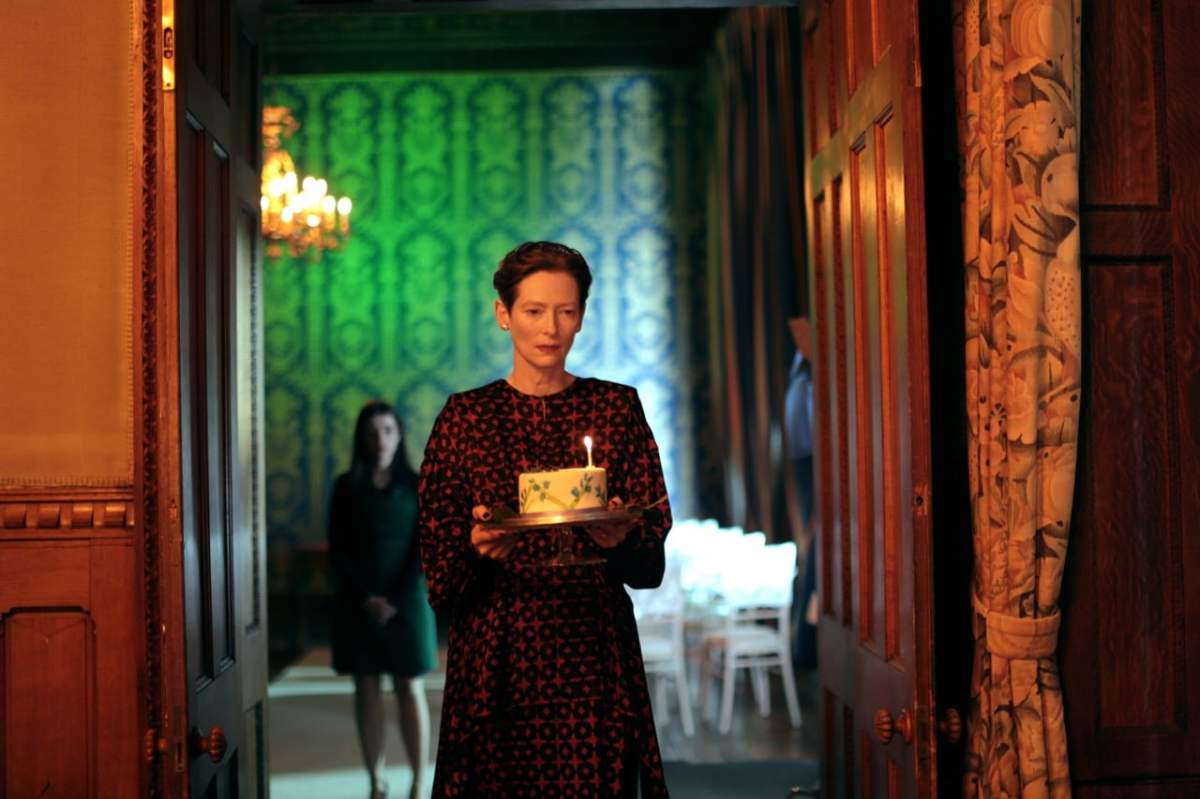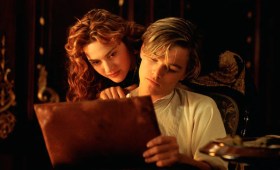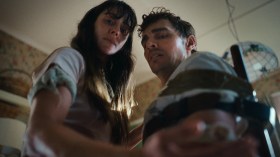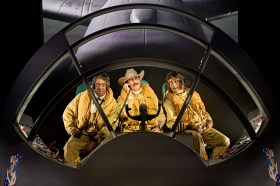I remember thinking, after soaking up the crystalline intricacies of The Souvenir: Part II – then the second and presumably final chapter in a diptych signifying British auteur Joanna Hogg’s semi-autobiographical reckoning with her life and work – that it was less a sequel and more a haunting of the first film. Indeed, part one was already haunted. Hogg cast Tom Burke as Anthony, an afterimage of her first lover, an erudite but obstreperous man trapped in a destructive, heroin-fuelled spiral, and through him exploring his impact on her younger self via Honor Swinton Byrne (daughter of Tilda) as Julie, a reflection of Hogg’s art school days.
While that opening chapter features an exacting replica of her then Knightsbridge apartment, right down to window views summoned forth from Hogg’s contemporaneous photography, the second metatextual musing explodes the illusion. We see Julie as a student filmmaker coming into her own, pushing back against the stuffy men who insist she’s doing it all wrong, recreating her (and Hogg’s) pad as a set for her in-film grad film. This space also doubles as a spectral vision, one in which we again meet Burke and Byrne as Julie and Anthony, caught in an eternal dance, replacing Harris Dickinson and Ariane Labed, the in-film actors cast to play them (and Hogg’s memories). It was an exhilarating exorcism of memory, self-mythologising and filmmaking itself.
Which brings us neatly to the pseudo-ghostly goings of The Eternal Daughter, the surprise finale to an actual triptych (at the time of writing). This time it’s centred on an adult Julie, now played by Tilda Swinton, who also greatly expands the role of Rosalind, Julie’s pearl and tweed-wearing mum whom she depicted in the first two instalments, now much older. Anyone who has seen Luca Guadagnino’s Suspiria remake, Bong Joon-ho’s Okja or the Cohen brothers’ Hail, Caesar! will be used to the reality-piercing mischief of Swinton assuming more than one role within a film. It works superbly well here, too, thanks to her mercurial gift for lending believability to artifice.
Read: MIFF 2023 opening night film Shayda is a powerful debut
Julie and Rosalind have retreated, via a no-doubt indulgently expensive taxi, to a fog-enshrouded Welsh country mansion hotel. The sort with heraldic gargoyles clamouring on the rooftops and once-proudly manicured grounds that now give off an air of crumbing decay, surrounded by shadowy, almost skeletal trees that appear to claw their way up through the dirt. Hogg is knowingly tingling our goosebumps, playfully evoking our expectations of a horror movie. But while Julie is reading a book of ghost stories, this isn’t strictly one any more than the haunting of The Souvenirs. And yet, there are things that go bump in the night, corridors tinged in an eerie green light, half-perceived glimpses of a ghostly figure framed in a darkened window and a strange absence of other guests. Though given the very British polite-to-a-point huffiness of Carly-Sophia Davies’ brilliantly depicted jobsworth receptionist and restaurant server, I reckon the spooky silence of the rambling house might be golden, though Joseph Mydell’s groundsman is a more welcome presence.
We slowly come to understand that this place and its memories echo on, much like the timeless reflection of Julie’s Knightsbridge haunt. Pay attention to how Hogg uses mirrors here, including in the doubling of Swinton, whose physical performance does as much to represent Julie and Rosalind’s likenesses and differences as Grace Snell’s costume work and Alice Jones’ makeup. For the most part, we see Swinton as Julie/Rosalind in close-up, one reacting to the other unseen, with fewer trick shots of them together. A marvellous dinner of stoically anguished revelation is a notable exception, but it’s the reactions to a face beyond our perception that matter most.
Produced by Hogg alongside a team including Rose Garnett (Triangle of Sadness) and Martin Scorsese who collaborated on both chapters of The Souvenir, it makes sense to take in The Eternal Daughter as a whole with Hogg’s previous two films. We realise that Julie’s desire to make a film about her relationship with her mother, but her fear of treading too forcefully on painful memories, is far more interested in the ghosts of loss, conflict and regret that haunt all our lives than it is any supernatural intrusion. In so generously exorcising her demons, Hogg has left us with an afterimage of love.
Rated M
The Eternal Daughter is screening at the Melbourne International Film Festival
Actors:
Director:
Format:
Country:
Release:





